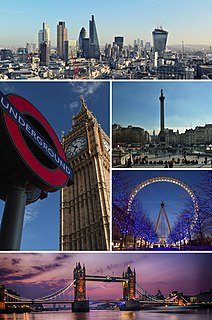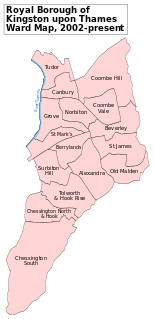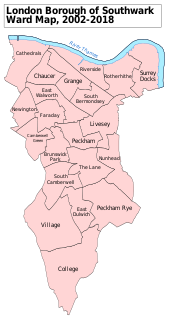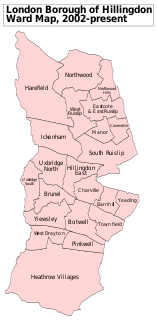The 1982 Barking and Dagenham Council election took place on 6 May 1982 to elect members of Barking and Dagenham London Borough Council in London, England. The whole council was up for election and the Labour party stayed in overall control of the council. [1]

Barking and Dagenham London Borough Council is the local authority for the London Borough of Barking and Dagenham in Greater London, England. It is a London borough council, one of 32 in the United Kingdom capital of London. It provides a broad range of local government services including Council Tax billing, libraries, social services, processing planning applications, waste collection and disposal, and it is a local education authority. Barking and Dagenham is divided into 17 wards, each electing three councillors. At the May 2014 election, the Labour Party won all 51 seats. The council was created by the London Government Act 1963 as the Barking London Borough Council and replaced two local authorities: Barking Borough Council and Dagenham Borough Council. The council was renamed on 1 January 1980. The next election to the authority will be in May 2018.

London is the capital and largest city of both England and the United Kingdom. Standing on the River Thames in the south-east of England, at the head of its 50-mile (80 km) estuary leading to the North Sea, London has been a major settlement for two millennia. Londinium was founded by the Romans. The City of London, London's ancient core − an area of just 1.12 square miles (2.9 km2) and colloquially known as the Square Mile − retains boundaries that follow closely its medieval limits. The City of Westminster is also an Inner London borough holding city status. Greater London is governed by the Mayor of London and the London Assembly.
The Labour Party is a centre-left political party in the United Kingdom which has been described as an alliance of social democrats, democratic socialists and trade unionists. The party's platform emphasises greater state intervention, social justice and strengthening workers' rights.
















